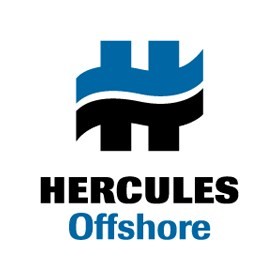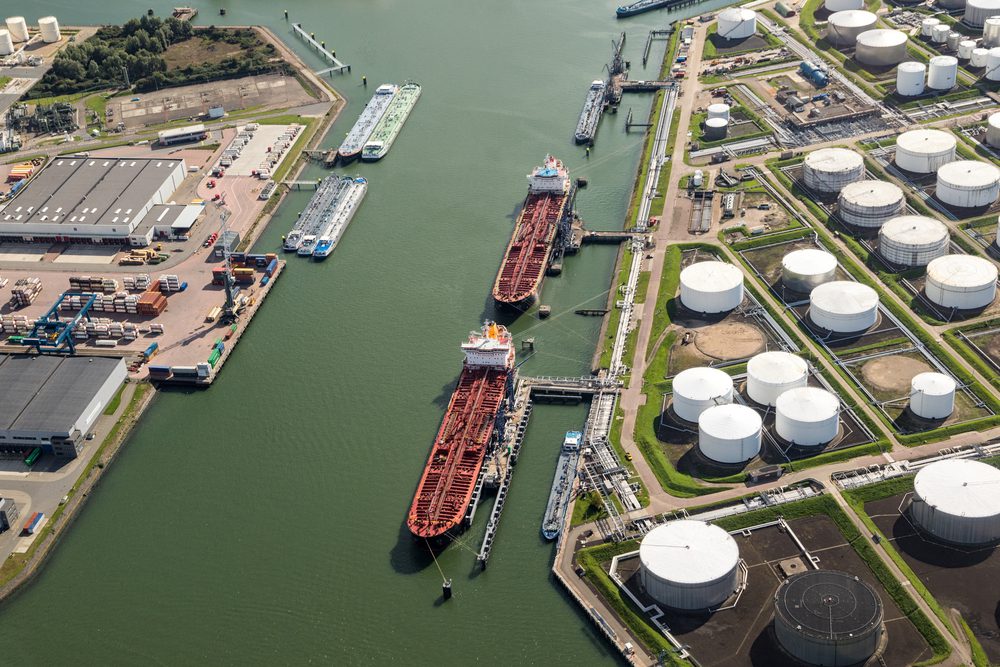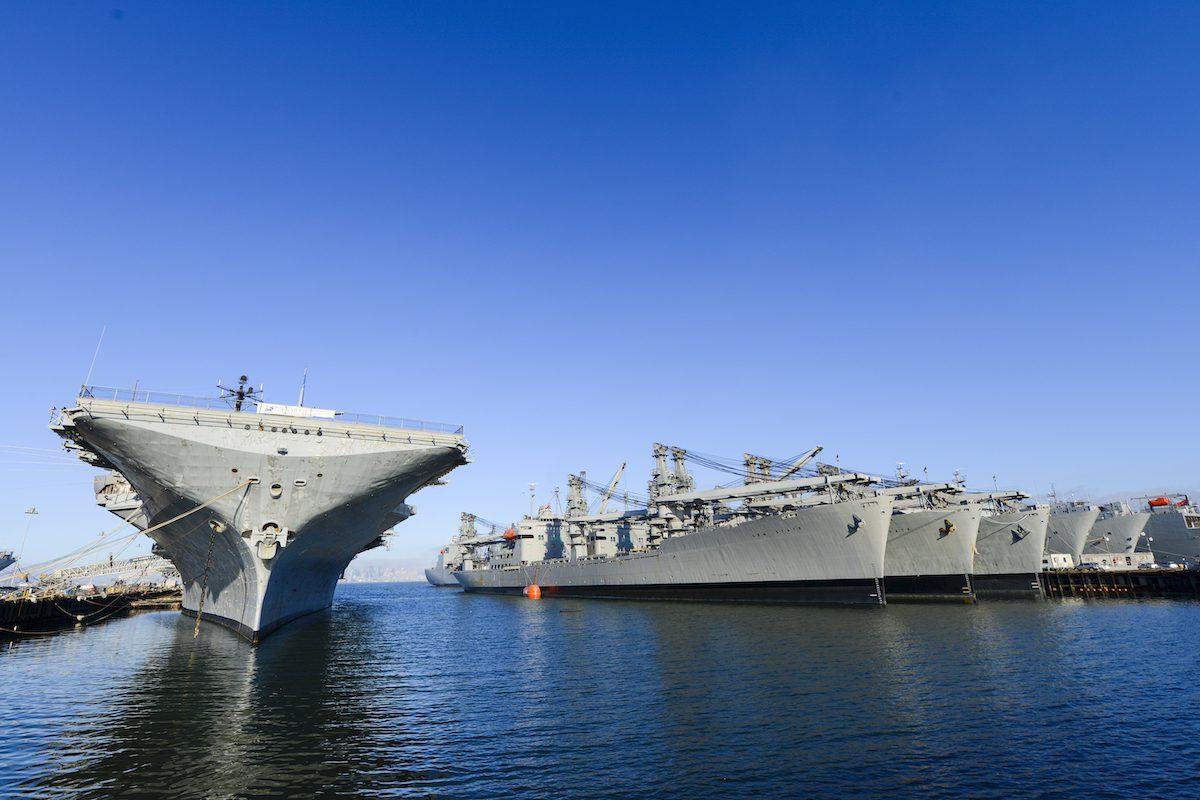 Hercules Offshore Inc.’s (HERO) third-quarter loss widened sharply as the oil rig company was hit by a large asset impairment charge that overshadowed a stronger-than-expected double-digit rise in revenue.
Hercules Offshore Inc.’s (HERO) third-quarter loss widened sharply as the oil rig company was hit by a large asset impairment charge that overshadowed a stronger-than-expected double-digit rise in revenue.
Hercules participates in the competitive shallow-water drilling and marine services segments of the oil and gas industry. The company, which last turned a profit in the third quarter of 2008, became one of the biggest rig contractors in the Gulf of Mexico’s shallow waters when it closed on a deal in April 2011 to acquire the rigs of weakened rival Seahawk Drilling Inc.
Last month, Hercules said in the wake of Hurricane Isaac, all its rigs and liftboats in the Gulf have been accounted for, and crews hadn’t found any damage in preliminary inspections.
In July, Hercules was forced to book a large impairment charge on its Hercules 185 rig, as it was unfeasible to return the damage that had been done to it and return the rig to service.
“Visibility in our Domestic Offshore segment is the best it has been since the company’s formation, driven by solid demand and tight supply of jackup rigs in the U.S. Gulf of Mexico,” Chief Executive John T. Rynd said Thursday. “We believe this positive momentum will continue through at least 2013 based on our discussions with customers, many of whom are seeking longer term commitments than what we have traditionally seen in the U.S. Gulf of Mexico.”
Hercules reported a third-quarter loss of $37.9 million, or 24 cents a share, compared with a year-earlier loss of $17 million, or 12 cents a share. Excluding one-time items, the adjusted per-share loss from continuing operations was 10 cents compared with a loss of 48 cents a year earlier.
Revenue improved 13% to $184.9 million.
Analysts surveyed by Thomson Reuters recently predicted a loss of 10 cents a share on revenue of $183 million.
Operating expenses fell 23%, however Hercules recorded a $60.7 million asset impairment charge reflecting the impairment of its Hercules 252 and Hercules 258 rigs.
Domestic offshore revenue rose 53% to $92.3 million. Utilization improved to 88.2% from 74.2%.
International offshore revenue dropped 24%. The utilization rate fell to 65.3% from 69%.
Shares closed Thursday at $4.72 and were inactive in recent premarket trading. The stock has risen 28% in the past 12 months.
– Saabira Chaudhuri, (c) 2012 Dow Jones & Company

 Join The Club
Join The Club











